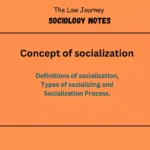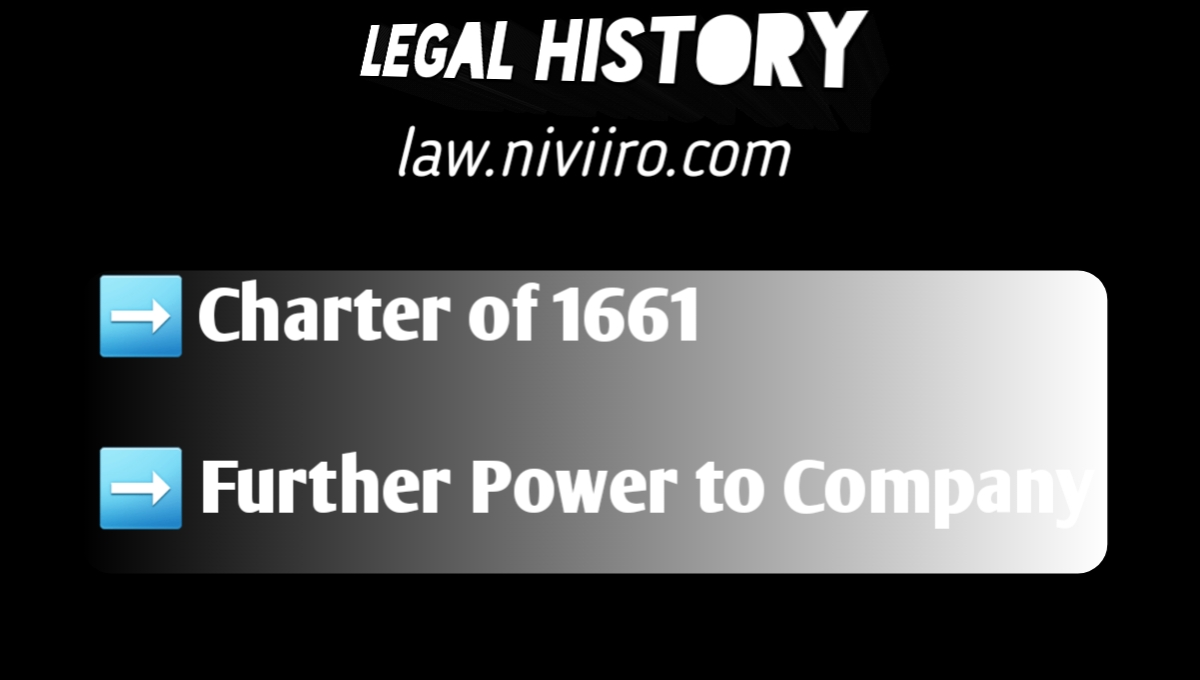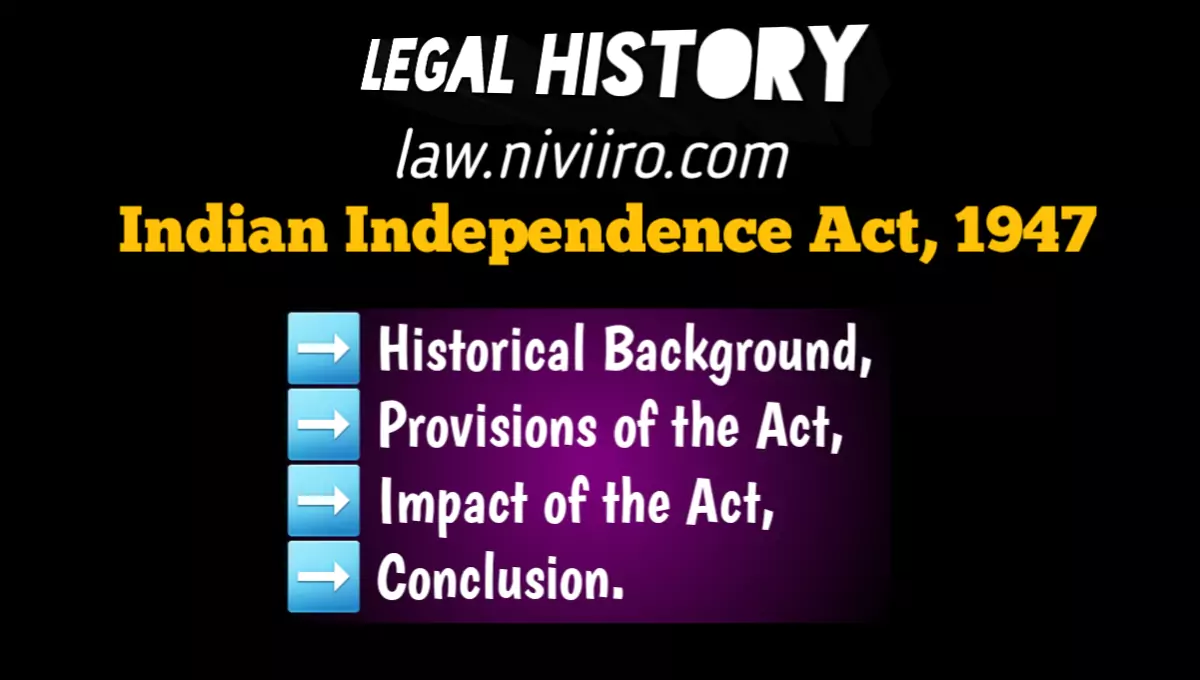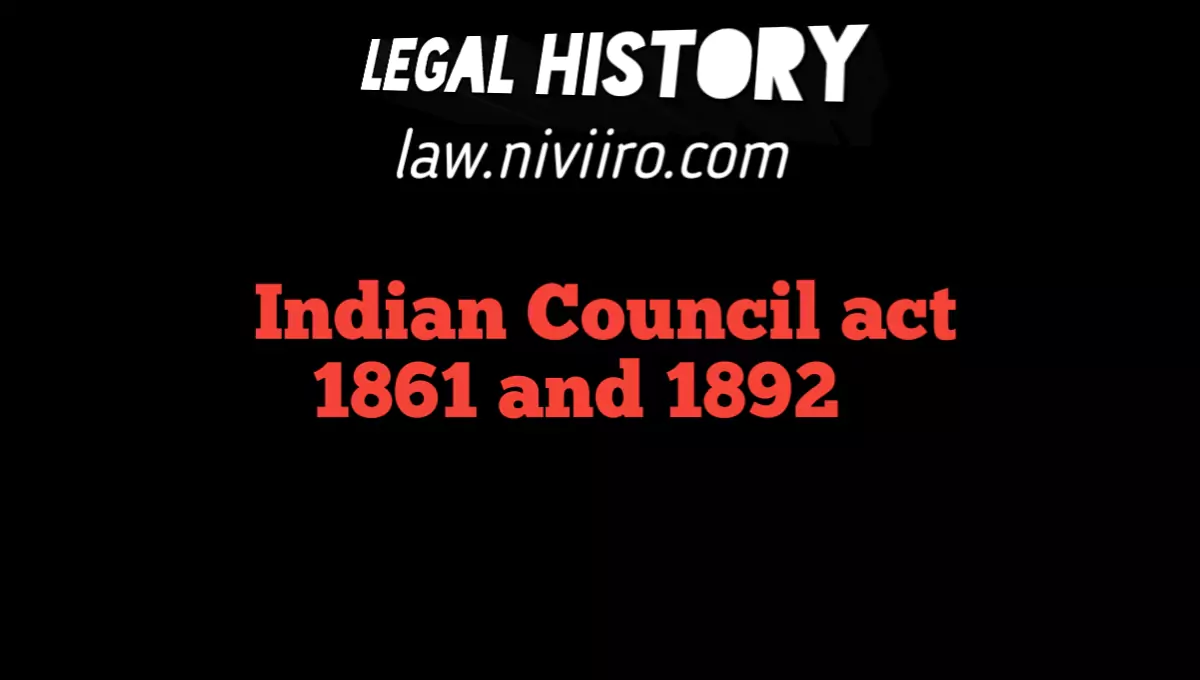The Charter of 1661, which gave the Company wide powers to administer justice in its settlements,had a significant impact on the development of the judicial system in India. The Company begged the Council of State in England to give its Presidents in India and the Councils of England the power to enforce obedience to all Englishmen living under their jurisdiction and to punish offenders according to the laws of England.
The Company argued that it was for years without the proper authority to enforce obedience between English subjects within their limits. Consequently, on April 3, 1661, Charles II granted the company a new charter, authorizing the governor and council of each factory to judge all persons, whether belonging to or living under the company.
for all reasons, civil or criminal, in accordance with the laws of England, and to execute judgements accordingly. In a place where there was no governor, the main factor was his and the council sending criminals to be punished, either in a place with a governor and paid council, or in England.
Wide Powers | Charter of 1661
The Charter of 1661 gave a factory governor and council more extensive judicial power than the Charter of 1600. While the power under the former Charter was restricted in relation to individuals.
Charter of 1600 applied only to the employees of the Company, and with respect to punishment, as it could not impose the death penalty.the power under the Charter of 1661 was not extended only for the employees of the Company but also for all persons living in the settlement of the Company; It authorized all punishments including the death penalty.
Thus the Governor and the Council could also provide justice to the Indians living in the settlement and could take cognizance of every civil or criminal case.
While the Charter of 1600 was primarily intended to provide for the maintenance of discipline among the Company’s servants, the Charter of 1661 had a broader approach; Its purpose was to create a judicial system for the company’s territorial assets. The charter clearly indicated that the company was no longer just a trading entity, but was on its way to becoming a regional power.
Features & Wide Powers | Charter of 1661
Two features of the Charter of 1661 can be highlighted. First, judicial power was given to the governor and council of a factory, which meant the executive government of that place And secondly,justice was required to be administered according to the english law.
Thus the Charter did not draw any boundary line between the executive and the judiciary. It was necessary for the British to administer justice, was a security and a privilege for the British and it shows how strongly the right of the British to be governed by English law was protected.
Even the first charter of 1600 stipulated that the laws to be made by the Company could not be contrary to the laws of England. With regard to the Indians, however, the provisions of the Charter of 1661 laid down English law. have not worked to their advantage.
The Charter placed them under English law and did not reserve for them its specific and distinct laws, customs and practices. It would be seen later that the Charter of 1661 How it influenced the administration of justice in India.
Related Post
Important Questions
Charter of 1661 issued by whom ?
Charter of 1661 issued by Charles II .
Who was appointed as the judicial power in The East India Company ?
The Charter of 1661 gave a factory governor and council more extensive judicial power.
Write the 2 features of charter of 1661 ?
Two features of the Charter of 1661 can be highlighted. First, judicial power was given to the governor and council of a factory, which meant the executive government of that place And secondly,justice was required to be administered according to the english law.
Meaning of Charter ?
A charter is a deed. In modern practice it is granted only as a patent by the Crown, under the Great Seal of Special Powers, Rights, Privileges and Immunities. The East India Company was a chartered company, created for universities and similar bodies, but formerly granted more broadly, specifically to cities.
Refrences Book
- M.P. Jain, Outlines of India Legal History
- M. Rama Jois, Legal and Constitutional History of India
- V.D. Kulshrestha, Landmarks in Indian Legal History
- A.B. Keith, Constitutional History of India
- Rankin G.C. Background to Indian Law
- Indian legal and constitutional history by Dr. N. V. Paranjape




















